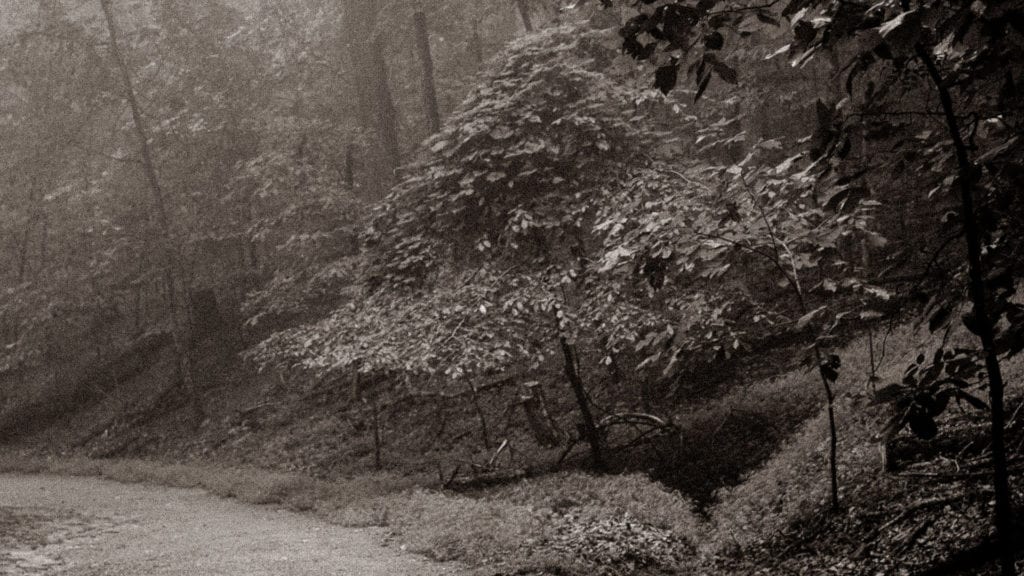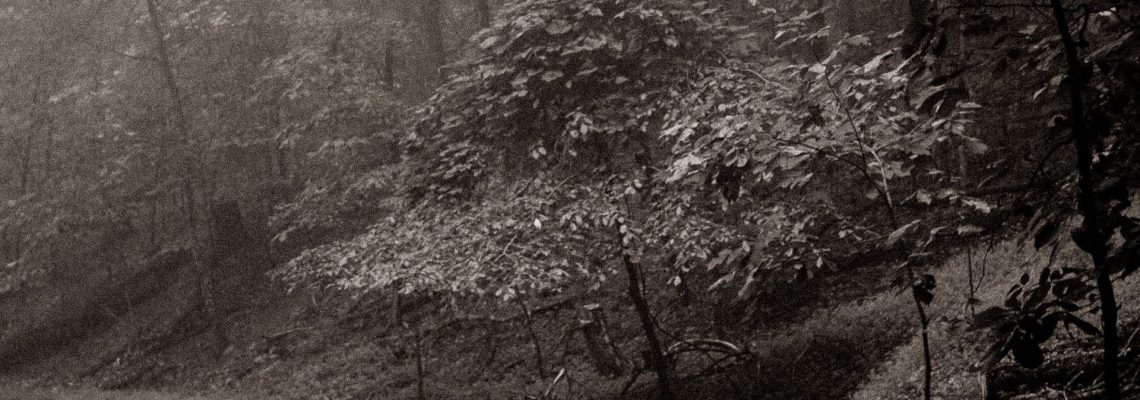*This article may contain product links which pay me a small commission if you make a purchase. Learn more.
Dear Athlete,
I was you before I hung up my cleats and left my jersey hanging with a lonely drape in my locker.
In the last decade, I’ve coached many like you. In doing so, I always seemed to take on an unofficial role as explainer of adult life. Growing up is hard, and I always felt privileged to be there for boys and girls like you.
Coach is a unique position. We influence and mentor, occupying an unique space — not mom or dad, not your teacher, not your brother or sister. The advice and guidance that comes from coach has always been special.
As a 34-year-old white male, I’ve spend the past week internalizing what’s happening with the protests that followed George Floyd’s murder. I live in Washington, DC and a lot is happening around me.
Yet, despite being in the capitol city, I have not participated in the protests.
I also did not post on social media to condemn racism in some canned, public relations-style manner that simply checks a box.
Rather, I spent the last week thinking what my contribution should be, and how I feel about all of this. I’m deliberate, if nothing else.
On a walk the other day, I asked myself what the kids I used to coach might be thinking right now. And in doing so, I figured many of you could probably use a little help.
This is hard situation we’re all in.
And we all need to fix it.
If You Don’t Understand What’s Happening Please Allow Me to Explain.
The Black Lives Matter movement is often met by an ignorant rebuttal of All Lives Matter.
Please, don’t be one of the people who says this kind of stuff.
Black Lives Matter is bringing awareness to the fact that Black Lives seem to matter to white people less than white lives.
And it’s easy for us — as white people — to say, “well sure — all lives matter equally…”
…except in society, we prove that they don’t. And to say this to a black person who has been held back in many different ways in his or her life is…insulting.
We haven’t lived with any sort of discrimination. They still live it everyday, it’s just harder to spot if we’re not looking.
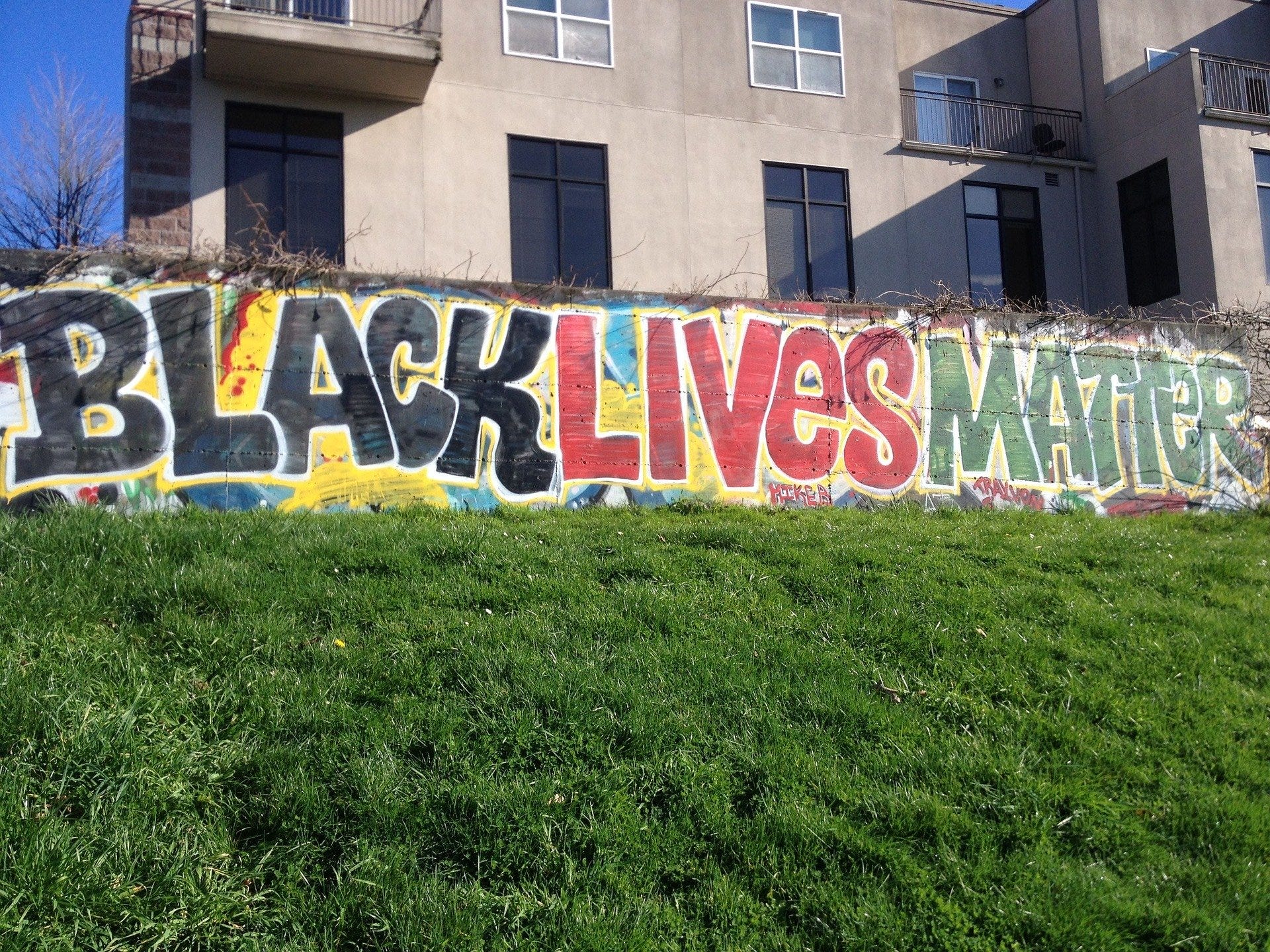
Black men are in prison at disproportionate numbers.
Police treat black people differently than white men.
Unemployment is higher for people of color — not just black people.
White households make significantly more money than black households.
The list goes on.
Many more black men are in jail, black people get killed by police at a much higher rate, and all of that is at the core of the Black Lives Matter movement.
Society proves on a regular basis that the lives of black people just aren’t as valuable.
Society makes it seem like it’s not a big deal that they don’t get the same job opportunities, income, or that they suffer unnecessary violence and imprisonment at the hands of police.
Albert Woodfox wrote a book — a memoir of his life — called Solitary. It’s a shocking, horrific and yet true story. He should have been a free man decades ago.
Mr. Woodfox spent 40 years in solitary confinement, framed for murder by racist white prison officials in Louisiana. He lived for four decades in a 6×9 prison cell by himself.
We complain about coronavirus keeping us indoors, yet he was falsely imprisoned in a concrete cell for 40 YEARS.
Let’s say that again: FORTY. YEARS.
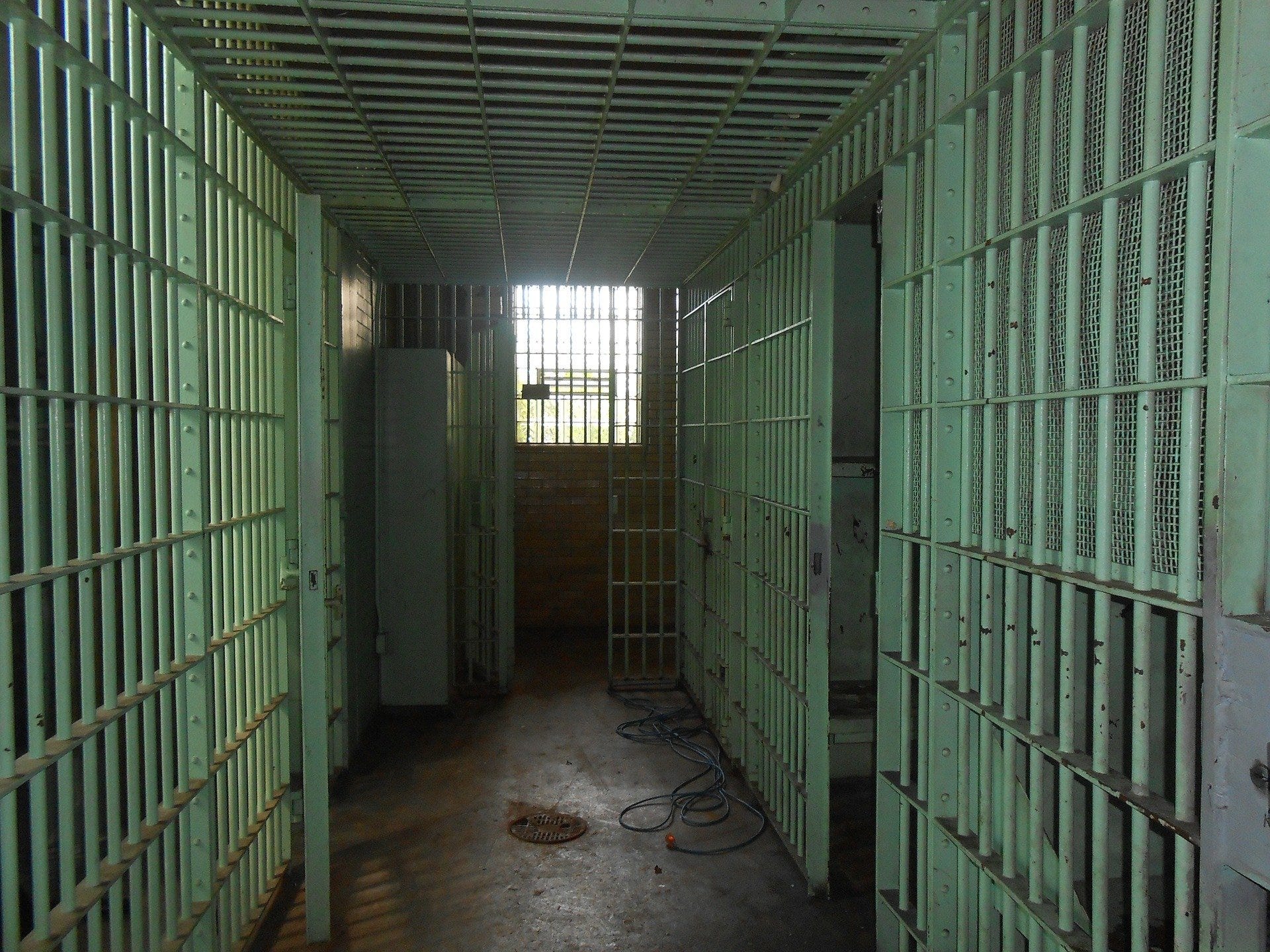
Things like that basically never happen to white people, and yet they happen much more than people realize to black people like Mr. Woodfox.
Sure, all people do matter. But that’s NOT the point.
The point is that society still proves to black people that they matter less:
They earn less.
Get fewer opportunities.
Are punished more severely for the same crimes…
…and are still disproportionately killed by police on a seemingly regular basis.
Do You Know What Systemic Racism Is? It’s in Sports, Too.
This means that racism is still deep within the culture of our country. There is a system in place that keep black people down. This system is what needs to change.
It’s everywhere, including sports.
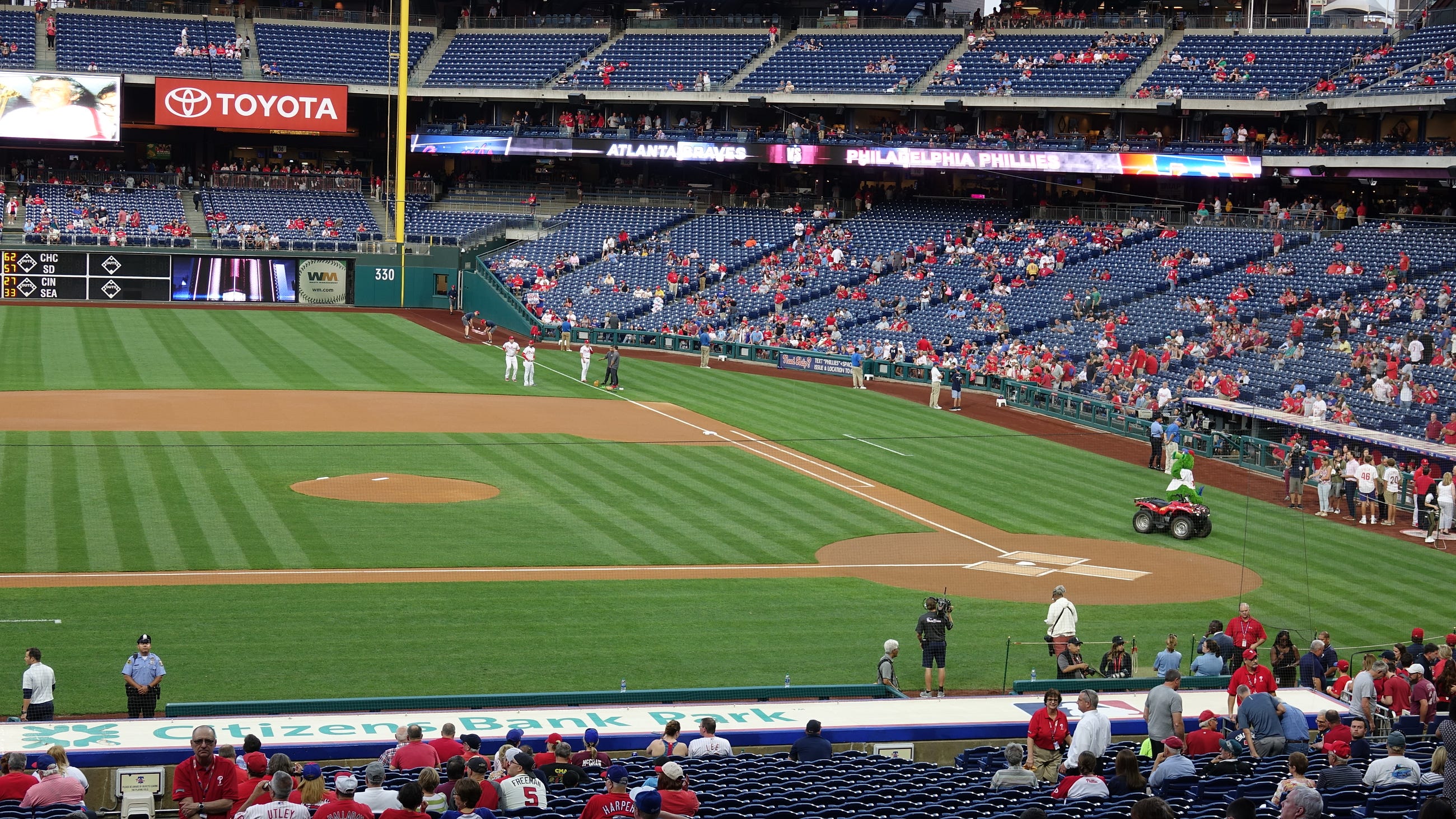
In my last year as a player, I was in the bullpen one night when one of the older relief pitchers — a guy who had a prominent career but was now past his prime — gave up a rare home run.
He stormed into the dugout after his inning was over.
Now, most of us pitchers get upset after getting hit hard, but what he said after shocked all of us.
According to him, the black player who hit the home run watched it and then basically walked out of the box. The hitter supposedly “showed my teammate up.”
And what did my teammate say? I don’t remember word-for-word, but it was basically this:
“That f**king n**ger better run out of the box next time.”
All of us were appalled.
We had a black teammate who was the nicest guy and a great player. He was just a few lockers down. Not one of us would ever say something like that.
Yet, none of us called him out to his face.
Amongst each other, we called him a racist piece of shit — which he was — and lost a lot of respect for him.
But no one spoke up, and this was wrong — of all of us.
I should have spoken up because I know the history of that word and the awful things it stands for. But I didn’t.
This is Why Silence = Racism
When protesters are saying that silence is wrong, that silence allows racism — this is what it they mean.
They’re not pointing fingers saying that you and I are running around like my awful former teammate. You would never say that. I would never say that. But that’s not enough.
What they mean is that my silence — and the silence of my teammates — allowed racism to survive that night in our bullpen, our dugout, our locker room.
Like a little ember from the fireplace, smoldering on the carpet, we didn’t snuff it out. We let it go unchecked, and the fire spread.
So much of it is just ridiculous. A hitter’s skin color had absolutely nothing to do with hitting a baseball or running the bases. But what’s beneath the surface with some people, eventually boils back up.
There’s No Equivalent for Us White People
Never in my 22 years as a player has anyone ever remarked about a white player’s race during an unsportsmanlike moment of conduct. Because why would it matter? It doesn’t.
There’s no equivalent for white people, even when we screw up. That’s why we don’t understand.
Yet, when a black person does something we don’t like, suddenly his skin color matters.
These are the little things that keep racism alive.
Even in pitcher vs hitter, skin color in the year 2020 sometimes counts. And white people use their words as weapons, their silence as weapons, their authority as weapons, and in the case of the police, actual weapons.
Do You Know Where That Word Comes From?
Like I said, I’ve taken on the role of explainer on lots of different subjects.
Religion.
Evolution.
Dating.
Why school sucks but you still have to get at least Bs to stay eligible.
When kids had questions they didn’t want to ask their parents, they’d often ask me. I’ve been the other adult for quite a while, and I hope I’ve played the role well.
One summer day just over a year ago, I was in the middle of nowhere watching two 14-year-olds throw bullpens. A bullpen is a term both for where the relief pitchers warm up, and also for a practice pitching session.
I think we were talking about music; music today is filled with vulgarities, a lot of which kids will repeat but don’t necessarily understand.
Rap music came up, and I asked if they knew why they shouldn’t repeat lyrics that use the N-word.
Both shook their heads that they kinda knew, but didn’t really know.
“Do you know what people that used that word used to do to black people? To kids your age, even?” I asked.
They shook their heads no.
“In school, have they taught you what lynching was?”
They shook their heads no again.
As Coach Explainer, I broke the news to them about America’s very dark history.
Beaten to death.
Burned alive.
Hanged from trees.
By mobs of whites who simply grabbed innocent black people — including women and kids — as they walked home from school or work.
“They called them that word as they tortured innocent people,” I told them.
I explained that it happened to people’s little brothers, mothers and fathers. If they had lived back then — and were black — it could have happened to them, or their own families. Can you imagine how that would feel? To see that happen to someone you love? And get no justice? Their faces got pale in the sun.
“Good people that were just minding their own business — that’s what we did to them in America. That’s where that word comes from.”
But Life’s Different Now…Right?
Sure — it’s not the same as back then. It’s night and day better, but it’s not where it should be.
Because we’re not speaking up enough, like all of us relief pitchers at our racist teammate. We’re not being active, to snuff it out for good.
And so what happened to George Floyd, to Breonna Taylor and many others at the hands of police is all too similar.
Other police officers watched; they didn’t act. They let the other officer kill him. Bystanders pleaded with him, but not the other officers.
People who didn’t deserve to die, did.
People who don’t deserve to die, still do.
And it doesn’t happen to us white people — it only happens to black people.
That’s why it’s Black Lives Matter, not All Lives Matter.
Because white lives have always mattered more — no one murders us like we murder them, no one puts us in prison for 40 years, and no one lynches us in the streets.
We let it happen, but now we need to fix it.
How Do We Make a Difference?
I haven’t gone to the protests.
I haven’t tweeted nor posted a blacked-out image on Instagram.
Those things aren’t really…me.
But, this is my problem too, just like it’s your problem.
I know a lot of really good people whose skin color is different than mine. The diversity in DC where I now live is something that makes this city great. And those friends deserve better.
So my protest is this letter, because words on the page — not a sign in the street — is my best platform.
I’ve done it for years, hoping to help young people find their way. God knows I needed people to help me find mine.
I don’t pretend to understand what it’s like to be marginalized — I never will, nor will you.
But as I’ve watched all this unfold in my own city, I felt I could reach you — young white athlete — and help you understand why this protest matters, why Black Lives Matter, and why we all need to do and be better as we go forward.
You don’t have to make a sign and go out into the streets. But just know that this is my problem, your problem and our problem.
Understanding it — and not being silent — is the first step.
Your coach,
Dan Blewett
